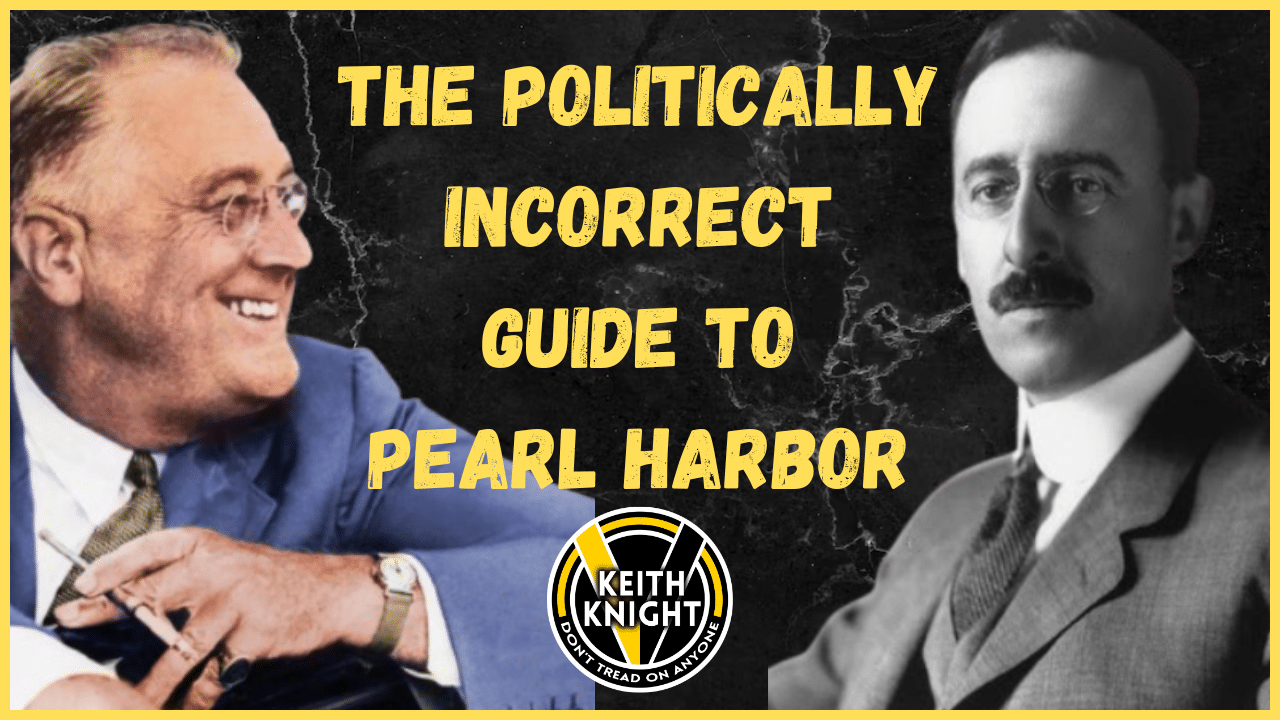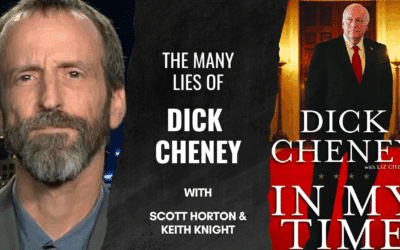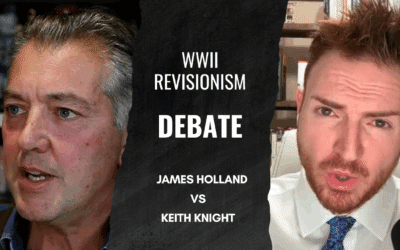At the time, Henry Lewis Stimson was the U.S. Secretary of War, and in the 1946 “Investigation of the Pearl Harbor Attack” Stimson’s diary is brought into evidence. On page 177, the report cites a diary entry from November 25, 1941, almost two weeks before the Japanese attack on Pearl Harbor. Stimson wrote,
General Marshall and I went to the White House, where we were until nearly half past one. At the meeting were [Secretary of State Cordell] Hull, [Secretary of the Navy Frank] Knox, [Chief of Staff of the Army George C.] Marshall, [Chief of Naval Operations Harold Raynsford] Stark, and myself.
The President brought up the event that we were likely to be attacked, perhaps (as soon as) next Monday, for the Japanese are notorious for making an attack without warning, and the question was what we should do. The question was how we should maneuver them into the position of firing the first shot without allowing too much danger to ourselves…
Read the whole article here: Justifying Evil
Watch on Rumble
Watch on Odysee
Watch on X
Watch on BitChute
Podcast: Play in new window | Download

































